“It won’t be until 2020 until a state government can have a state plan for raising industrial hemp in their state,” said James Averill, deputy director for MDARD.
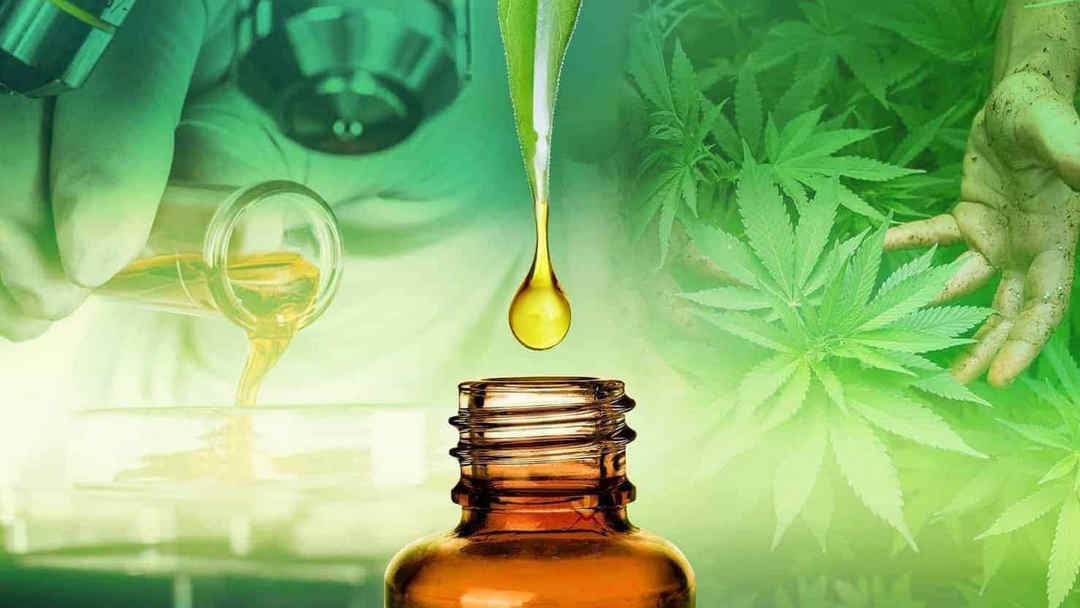
Michigan officials are informing citizens that food and drinks with CBD oil aren’t legal yet. CBD is the new thing in the health alternative market.
After Proposal 1 passed in Michigan which legalized adult-use marijuana and industrial hemp as well as the 2018 U.S. Farm Bill which legalized hemp nationwide there has been a rise of products made with CBD.
“The whole scheme is fascinating. It doesn’t make the subject matter into an illegality,” said Michael Komorn, a lawyer and president of the Michigan Medical Marijuana Association. “It’s a not a crime, it’s a regulatory fine. You won’t get arrested, but it may prevent you from getting a license to do that in the future.”
Michigan’s Department of Agriculture and Rural Development is waiting on the federal government to write its hemp program regulations before it comes up with its own rule set — and that won’t happen until 2020.
“It won’t be until 2020 until a state government can have a state plan for raising industrial hemp in their state,” said James Averill, deputy director for MDARD.
However, a mechanism in the 2014 Farm Bill that allows farmers to grow industrial hemp by working with universities or with state departments of agriculture — and Averill said Michigan is considering a way to help farmers plant hemp sooner rather than later.
“For putting seed in the ground this year — we have to work off the 2014 Farm Bill and that is a conversation that we’re continuing to have with the administration,” Averill said.
Previously, U.S. Drug Enforcement Administration requirements made the state’s direct involvement to authorize hemp farmers difficult. The 2018 Farm Bill changed that, Averill said.
Michigan Offers Guidance on CBD and Industrial Hemp
March 29, 2019 – The Bureau of Marijuana Regulation (BMR) and the Michigan Dept of Agriculture & Rural Development (MDARD) issued joint guidance today regarding CBD (cannabidiol) and industrial hemp.
From the Bureau of Marijuana Regulation:
From the Michigan Department of Agriculture and Rural Development:
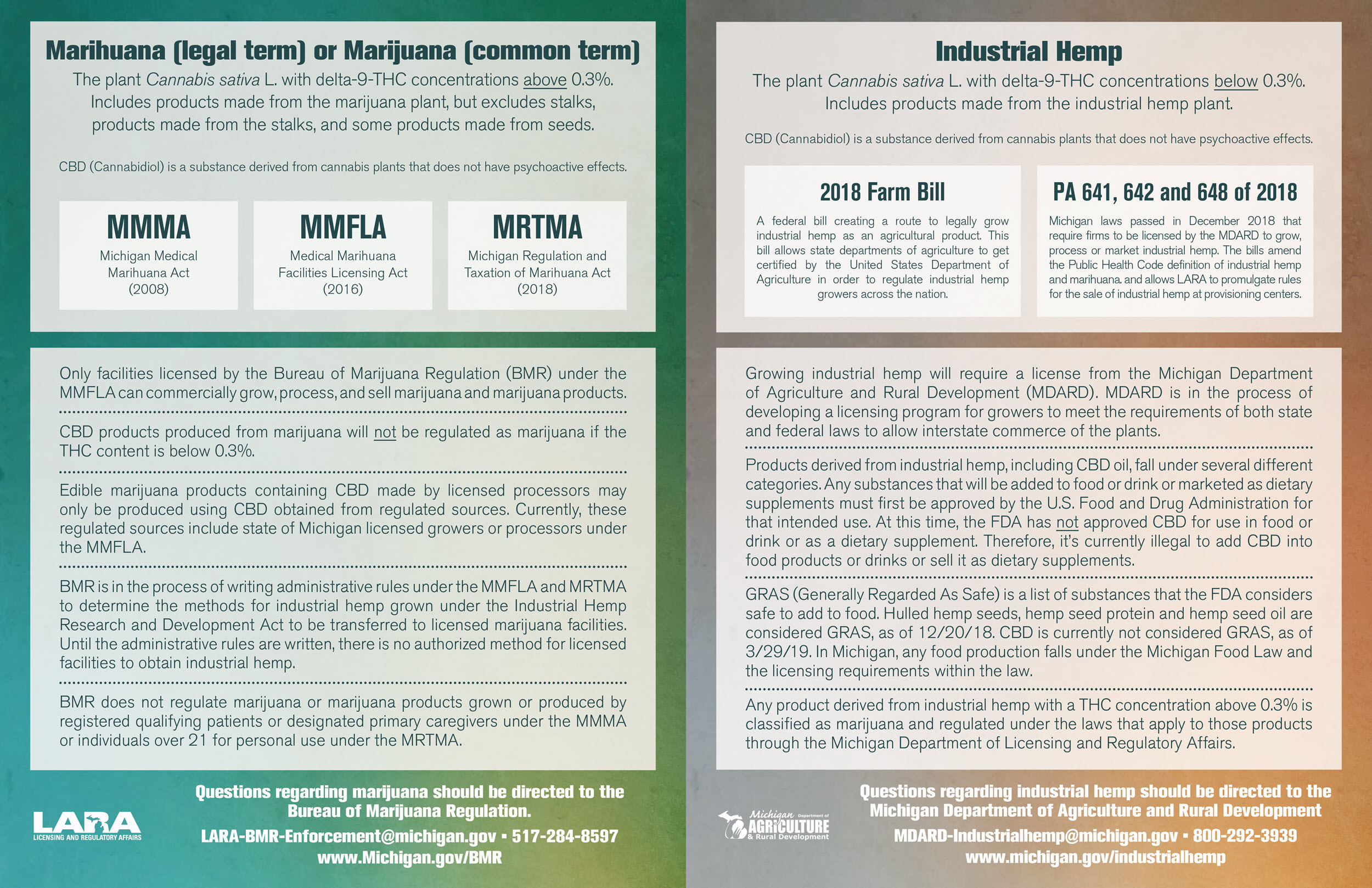
Definitions
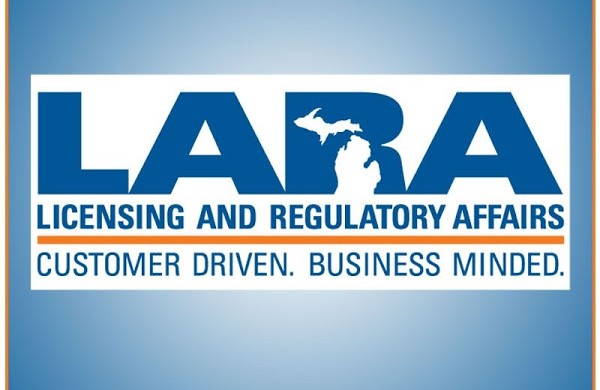
4-30-19 Michigan governor establishes centralized Marijuana Regulation Agency
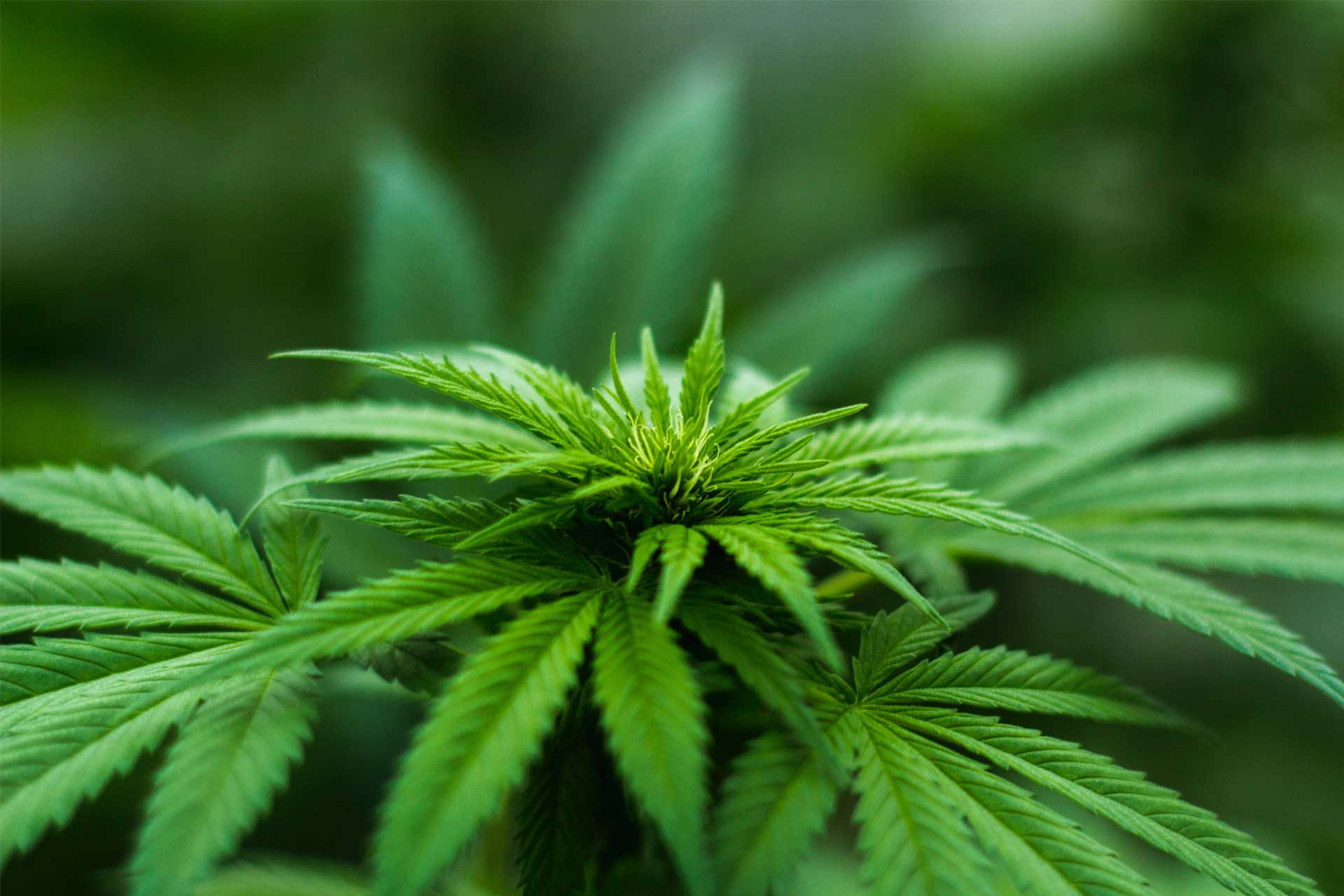











































































May 2019
April 2019
March 2019











At a regularly scheduled meeting of the Medical Marihuana Licensing Board (Board), convened in Lansing, Michigan, the following resolution was adopted.
WHEREAS:
The Board is established within the Department of Licensing and Regulatory Affairs (Department) under the Medical Marihuana Facilities Licensing Act, 2016 PA 281 (Act), with the general responsibility to implement the Act; and The Board’s duties include granting or denying each application for a state operating license, providing for the levy and collection of fines for a violation of the Act or rules and providing oversight of marijuana facilities through the Board’s inspectors,
agents, and auditors for the purpose of conducting investigations into the operation of marijuana facilities as the Board considers necessary and proper to ensure compliance with the Act and rules and to protect the overall safety, security and integrity of the operation of marijuana facilities; and
The Board’s powers include the authority to investigate alleged violations of the Act or rules, take appropriate disciplinary action against a licensee, and take disciplinary action as the Board considers appropriate to prevent practices that violate the Act or rules, and take any other reasonable or appropriate action to enforce the Act or rules; and
THEREFORE:
IT IS RESOLVED that the Board will not take disciplinary action against an
applicant in the following circumstances:
• For an Applicant temporarily operating:
o For the time period ending March 31,2019:
• The applicant temporarily operates a proposed marihuana facility
that would otherwise require a license if either of the following
apply:
• The applicant’s proposed facility is within a municipality that
adopted an ordinance before December 15, 2017 but is
pending adoption of an ordinance under the Act, or
• The applicant’s proposed facility is within a municipality that
has adopted an ordinance before December 15, 2017.
• The applicant notifies the Department within 1 business day of
becoming aware of any adverse reaction to a marijuana product
sold or transferred, and
• For purposes of this resolution only, the applicant applied for a
license no later than February 15, 2018.
o An applicant that does not comply with this resolution shall cease and
desist operation and may be subject to penalties and sanctions, and
o An applicant that is temporarily operating is not guaranteed a license.
IT IS FURTHER RESOLVED that the Board will not take disciplinary action
against a licensee in the following circumstances:
• For a licensed Provisioning Center:
o For the time period ending March 31,2019:
• The licensee obtains marijuana products from a registered primary
caregiver (caregiver), and
• The licensee obtains patient consent on a form provided by the
Department prior to selling any marijuana products that have not
been tested in full compliance with the law and administrative rules,
and
• The licensee enters all inventory into the statewide monitoring
system immediately upon receipt from a caregiver, and
• The licensee, before any sale or transfer, must verify, and confirm
with government issued photo identification, with the statewide
monitoring system that a patient or primary caregiver holds a valid
registry identification card, and
• The licensee enters all sales in the statewide monitoring system,
and
• The licensee determines sales will not exceed daily purchasing
limits, and
• The licensee shall notify the Department within 1 business day of
becoming aware of any adverse reaction to a marijuana product
sold or transferred.
o For the time period beginning April 1, 2019 and until such time as the
Department publishes an advisory bulletin notifying all licensees that the
effect of this resolution has been terminated:
• The licensee obtains marijuana products only from a licensed
grower or licensed processor, and
• The licensee obtains patient consent on a form provided by the
Department prior to selling any marijuana products obtained from a
caregiver prior to April 1, 2019 that have not been tested in full
compliance with the law and administrative rules, and
• The licensee enters all inventory into the statewide monitoring
system immediately upon receipt, and
• The licensee, before any sale or transfer, must verify, and confirm
with government issued photo identification, with the statewide
monitoring system that a patient or primary caregiver holds a valid
registry identification card, and
• The licensee enters all sales in the statewide monitoring system,
and
• The licensee determines sales will not exceed daily purchasing
limits, and
• The licensee notifies the Department within 1 business day of
becoming aware of any adverse reaction to a marijuana product
sold or transferred.
• For a licensed Grower or licensed Processor:
o Until such time as the Department publishes an advisory bulletin notifying
all licensees that the effect of this resolution has been terminated:
• The licensee obtains marijuana products from caregivers, and
• The licensee enters all inventory into the statewide monitoring
system immediately upon receipt, and
• The licensee only transfers marijuana products that have been
tested in full compliance with the law and administrative rules, and
• The licensee tags or packages all inventory that has been identified
in the statewide monitoring system, and
• The licensee transfers marijuana products by means of a secured
transporter, except where exempted under the Act, and
• The licensee notifies the Department within 1 business day of
becoming aware of any adverse reaction to a marijuana product
sold or transferred.
See the Document – LARA 190321 Product_Access_for_Patients_640352_7
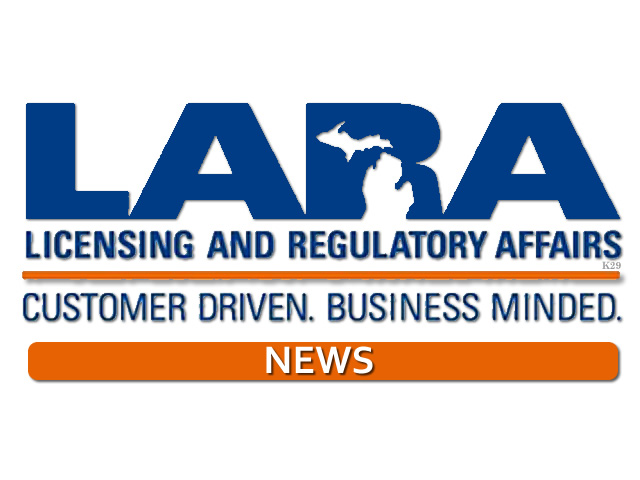
March 11, 2019 – The Department of Licensing and Regulatory Affairs (LARA) has approved adding Cerebral Palsy to the list of debilitating medical conditions set forth in the Michigan Medical Marihuana Act of 2008.
Cerebral Palsy was approved by LARA after the Medical Marihuana Review Panel members unanimously recommended approval.
LARA also denied the condition of Chronic Aggressive Behavior after panel members unanimously recommended denial.
The Medical Marihuana Review Panel made their recommendations to the department after receiving citizen comments in February related to the petitions to add these conditions to the list of debilitating medical conditions identified in the Michigan Medical Marihuana Act (MCL 333.26423). The approval or denial of the petitions by the department are considered final department actions.
Effective immediately, Cerebral Palsy is now added to the following current list of debilitating medical conditions already approved for medical marijuana in Michigan:
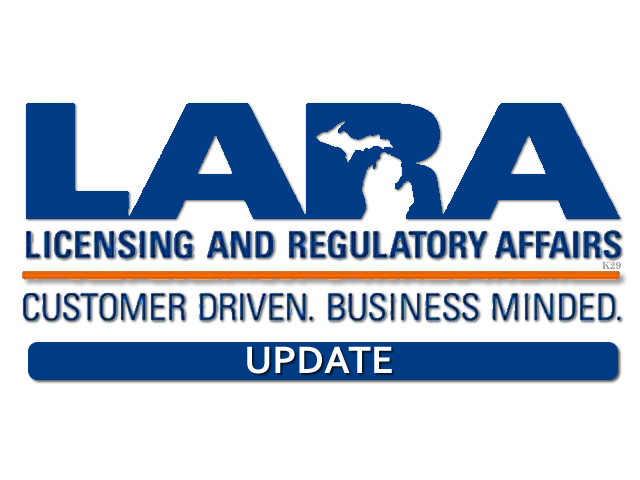
PUBLIC HEALTH AND SAFETY
BMR ADVISORY
TECHNICAL BULLETINS